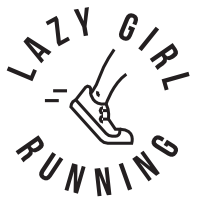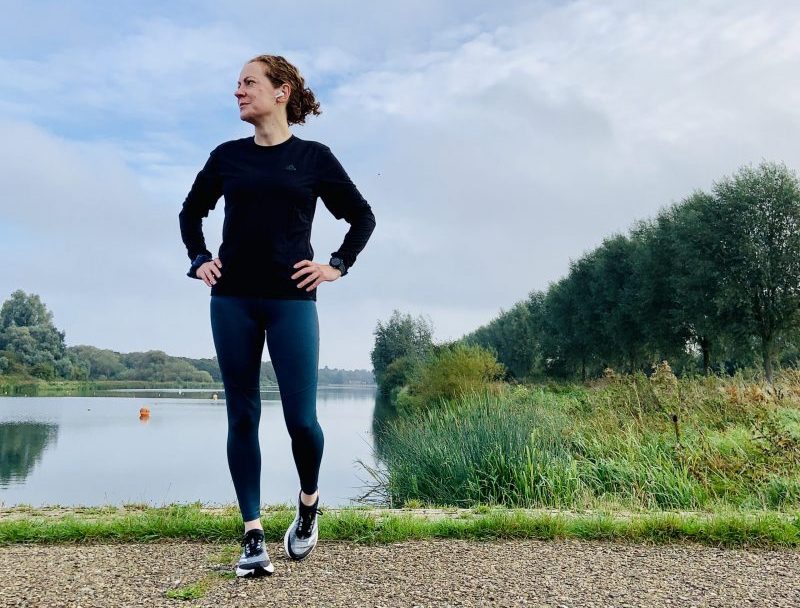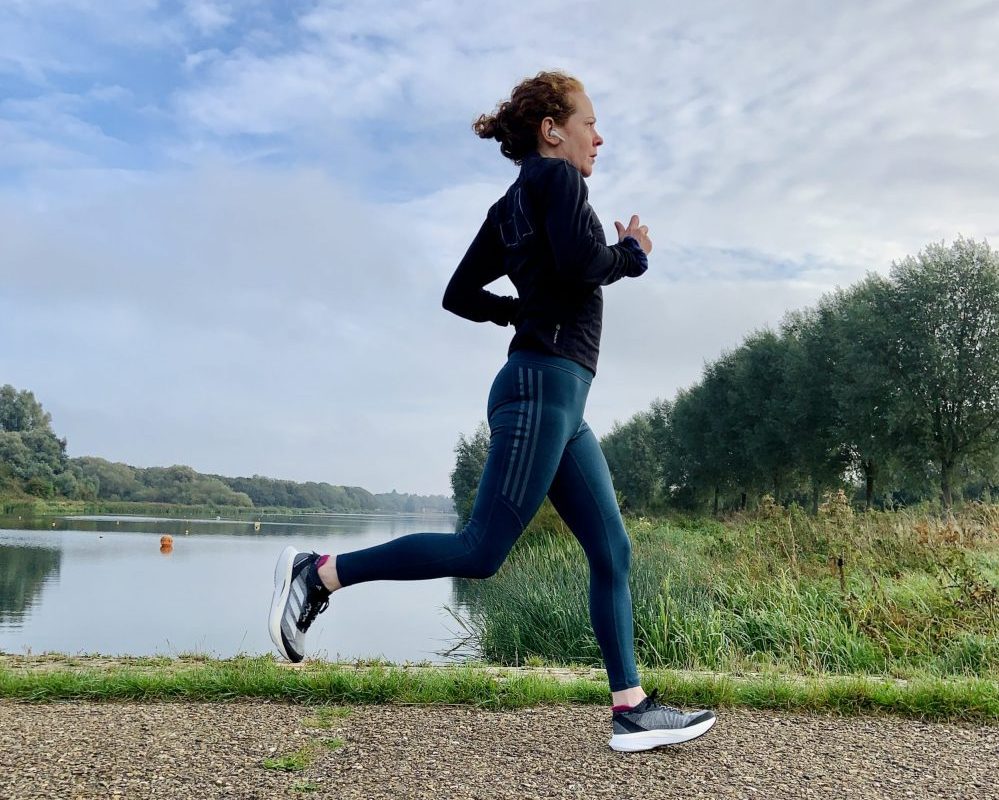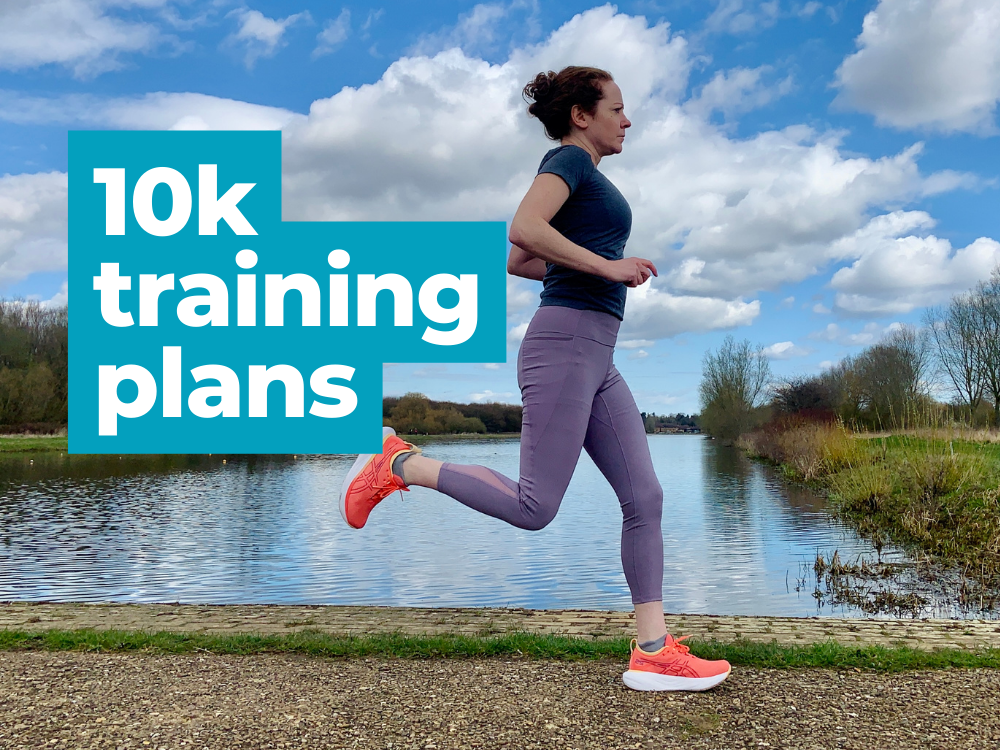This weekend, the fastest women runners in the USA will line up to race for a spot on their nations marathon squad for Rio 2016.
259 women* will race it out, only 3 will make it to Rio. It’s going to be a great race. A lot of people are excited about this race, I’m excited about this race and I’d be excited to watch the drama if only I could figure out how to stream it in the UK. So I can’t help but ask: where’s our Olympic trials?
In the UK, British Athletics set a qualifying standard for the women’s Olympic marathon squad at 2:31. Pretty fast and a lot faster than the 2:42 that the IAAF set as the benchmark for nations sending athletes to the games. More here. So far, Sonia Samuels and Alyson Dixon have met this standard.
In the USA, though, athletes seek to qualify for an Olympic trials – they need to run 2:45 to make it to the trials. Then the fastest 3 make it to Rio (injuries permitting).
So how many UK women have met this standard? If we were to have the same system in the UK, based on the 2015 RunBritain rankings, there would be 22 in the women’s race. But because we don’t have that system, runners haven’t been training towards that goal.
137 UK women club runners ran a sub-3 hour marathon in 2015. For a lot of those who are closer to 3 hours than 2:31, the UK Olympic qualifying standard probably seems as likely for them as a trip to the Moon. But a 2:45 goal? That just might be something that they could propel themselves towards.
As runners, we like that carrot dangled just close enough (but not too close) to motivate us to better our times. It happens at all levels – from getting that Good for Age for London or a Boston Qualifier. And an Olympic trials ticket is a pretty big carrot that has probably propelled a lot of fast women in the USA to their fastest times ever.
A lot of those women starting the trials this weekend will know that the chances of them going to Rio are slim. But that won’t have stopped them training to run the race of their lives. In fact, one runner, Alana Hadley, will compete knowing she can’t go to Rio – she’s 8 days too young to make the eligibility. And yet she’ll train and run because she knows it’s the best training experience she can get – to run against the best of her peers on a big stage.
So if we had a similar system in the UK, would we win more medals in Rio. No, probably not. Would we win more medals next time? Maybe. Would we motivate more runners to compete and train to be the best they can be? Absolutely. And I believe that this trickle down effect would go through the whole of the running community. Lifting 3 hour runners towards 2:45 would encourage more 3:15 women towards breaking 3 hours, and so on.
Televise the race and it’s another opportunity to ‘Inspire a generation’ with a line-up of runners from their home nations.
I paused over whether to write this blog or not. I’m not an elite or 3 hour marathon runner and I’m not a performance level coach. What do I know? But I am an athletics fan who wants to see her nation’s best runners battle it out to go to the Olympics. And I’m a club runner who is inspired and motivated by those women who are just that little bit faster than I am.
For now though, there’s always the Night of the 10,000m PBs hosted by Highgate Harriers where the countries best will compete in the 10k.
*Same argument goes for men too, I’ve just concentrated on the women.






I completely agree with this. A big motivator for me was getting a Boston Qualifying time (3:35). It was ambitious but it spurred me on to work harder. After that, it was a London champs spot (3:15). Maybe one day it might be a sub3 and so on. I’ve been really inspired by ‘runnerteal’ who will be running in tomorrow’s USA trials. It’s a goal she’s been working towards for years and had that ‘carrot’ not been there who knows if she would have progressed the impressive way she has. Link here if anybody wants a read of her blog – http://www.milestothetrials.com/
Absolutely agree!